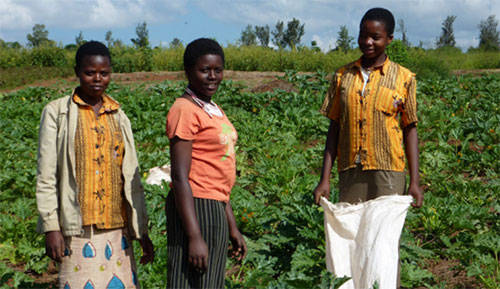
Twenty years on from 100 days of genocide in Rwanda, co-operatives have been seen as a means to build a sustainable future for its people.
The genocide had a devastating economic and social impact on the country, which remains one of the poorest countries in Africa. To achieve sustainable development, the Rwandan government to looking to grow the co-operative sector.
With 9.7m people, 87% of whom live in rural areas, agriculture is the backbone of Rwanda’s economy. Co-operatives can help small-scale farmers to cope with challenges like price volatility and lack of training and gain access to markets.
During a recent meeting with officials form Lesotho, Rwandan Minister of Trade and Industry, François Kanimba highlighted the important contribution of co-operatives to achieving the government’s vision for 2020.


